Does Popcorn Cause Constipation? Here’s What You Should Know

Many of us can’t imagine a movie night without a bowl of popcorn to munch away. Especially stuffing our mouths during twists in the plot, a sheer nervous relief!
This delicious, crispy, and easy-to-make snack is, in fact, very healthy. It is rich in dietary fiber and thus known to aid digestive health. It even works well as a remedy for constipation.
In this article, we discuss what might cause your constipation and bring you tips on how to achieve a smooth bowel movement. More importantly, we show you how to make the most out of popcorn for the health of your belly!
Why Am I Constipated?
We have all been constipated at some point in our life, and no one can deny it. It can be uncomfortable when you try your best to get those pesky, hard stools out of your body, but all you do is strain and get nowhere.
You can be sure you’re constipated if you pass less than three stools a week. Other symptoms include stools that are hard, dry, and difficult or painful to pass. Constipation can further lead to stomach aches, cramps, and a feeling of being bloated or nauseous. Even worse, chronic constipation can result in anal fissures and hemorrhoids, which bring joy to no one!
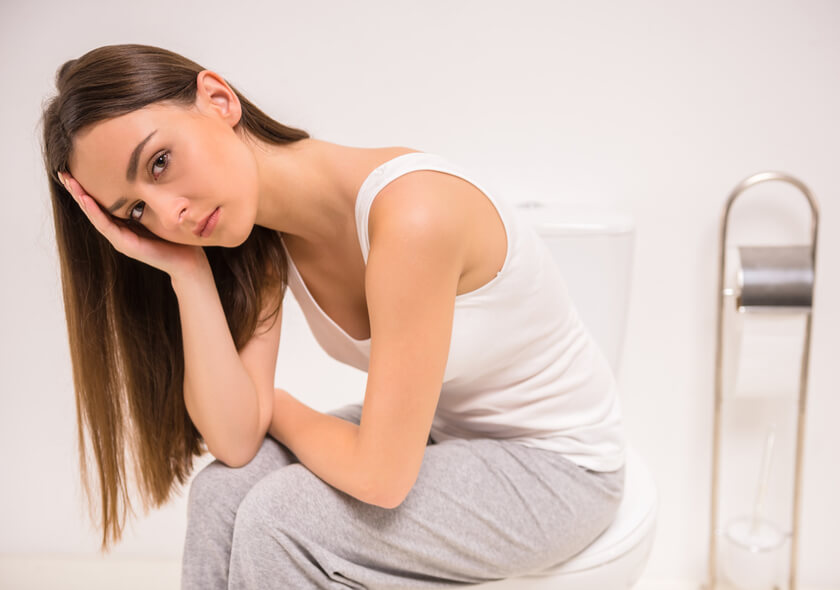
Advertisement
But what is really making your constipation worse? There are many causes of constipation, including your diet and lifestyle habits. Often, people aren’t eating enough fiber in their diet or they aren’t getting enough water throughout the day.
Other common culprits include sitting for long periods of time without getting up and walking around or exercising, as well as not being active on a regular basis – which is important for overall health!
Does Popcorn Cause Constipation?
When you eat popcorn, you are really not consuming a whole lot of calories. The fats and sugars present in popcorn are negligible. However, due to the large quantity of popcorn we consume when we sit down to enjoy a good movie, it might end up causing stomach aches or constipation.
This means popcorn by itself won’t be the sole cause of constipation, it’s also the way you eat it that can aggravate the problem. The amount of salt and butter you add to your tub of popcorn or even mixing too much sugar might upset your stomach even further.
What’s more, when you consume too much popcorn in one sitting, you may end up overloading your colon with air and causing it to expand. It is then that it starts pressing against your intestinal walls, triggering bowel movements and hence resulting in constipation.
And since most of us eat popcorn late at night or while watching a movie, by the time we go to bed, we are already feeling sluggish and tired due to our stuffed-up bowels. This makes it difficult for us to sleep well, which further aggravates things.

Is Popcorn Good for Constipation?
Air-popped popcorn, of all, makes for the best kind of popcorn. It contains about 4 grams of fiber per cup, which is roughly equivalent to one cup of brown rice or a cup of cooked oatmeal.
However, the problem here is that most popcorn sold in grocery stores is not air-popped. If you’re trying to fix your constipation problem, try making the switch from microwave or stovetop popcorn to air-popped popcorn.
Just remember that too much popcorn can cause diarrhea if you’re already suffering from constipation due to its insoluble fiber content.
How to Relieve Constipation?
Well, if you are spending hours on the toilet seat, frustrated at the lack of poo, you must do something! Here are some remedies you can try out to get rid of constipation.
#1 Drink plenty of water

Dehydration is one of the main causes of constipation. According to experts, men should consume 1 gallon of fluids, and women should consume 0.7 gallons per day. So do check if you’re getting enough water into your body.
Sometimes something as simple as gulping a few cups of water throughout the day works as a splendid cure to constipation. It is also best to avoid alcohol and caffeinated drinks during this time as they can lead to further dehydration and aggravate the condition.
#2 Eat foods high in fiber
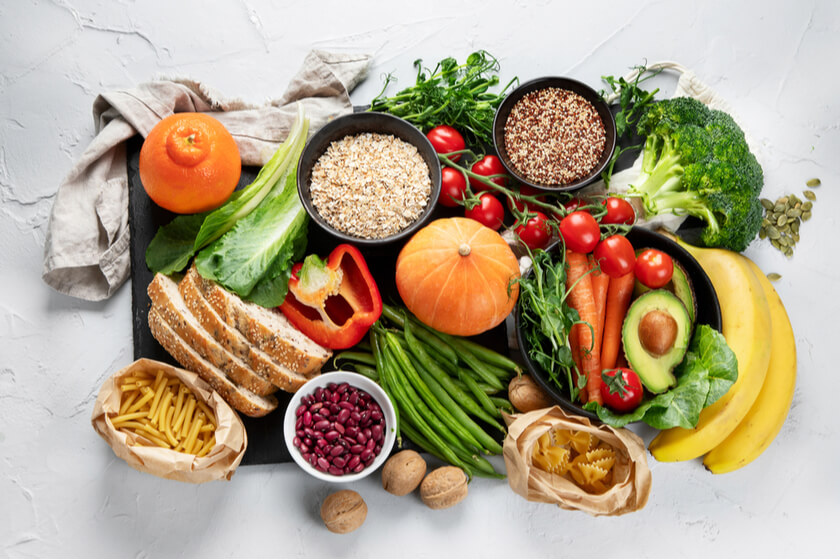
As mentioned earlier, it is a dietary fiber that plays a pivotal role in clearing the digestive tract. The daily intake of fiber is recommended at 20 to 35 grams of fiber. By loading your diet with soluble fiber-rich foods, you can not only avoid constipation but also cure it. Here are food choices you can consider adding to meals in order to reap the benefits.
- Fruits like prunes, apples, kiwis, pears, plums, and avocados
- Vegetables like carrots, beets, broccoli, kale, spinach, and Brussels sprouts
- Whole grains, bran cereals, whole-grain bread, and other healthy snack foods
- Lentils, beans, and chickpeas
- Sweet potatoes
- Healthy fats such as olive oil, coconut oil, and peanut butter
- Nuts and seeds like almonds, chia seeds, flaxseed, pecans, and walnuts
While adding high-fiber foods to your diet, you must also cut down on low, insoluble fiber foods like red meat, dairy products, fried foods, and fast foods. This will ensure you get your digestive health right back on track.
#3 Move your body
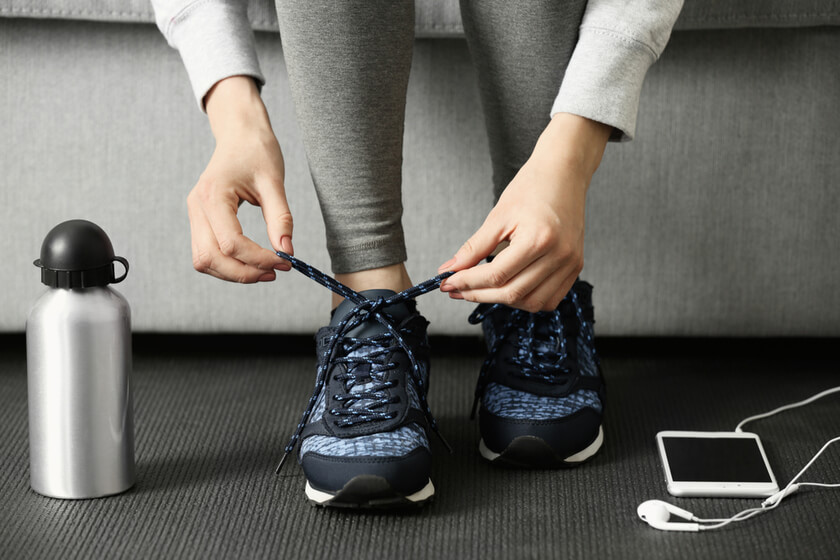
When constipated, it is advised to indulge in some sort of exercise. You can go for a walk, run, cycle, or indulge in any other exercise routine. Moving your body will also create movement in your stomach and help your body eliminate the waste that is causing constipation, making your bowel movements easier.
Even a quick walk around your house or office can help you get things moving! Exercise should be a daily routine for everyone, but especially for those who want to prevent constipation from happening in the first place.
#4 Try out a fiber supplement
Fiber supplements are often recommended to people with constipation. They not only help you pass stools regularly but also improve your overall gut health.
A Word From our RD
If you’re eating popcorn as a part of your daily diet and not experiencing any adverse side effects, there’s nothing to worry about. However, if you have some persistent symptoms like stomach cramps or diarrhea, it’s worth looking into.
While it’s uncommon, people with celiac disease could experience an allergic reaction to popcorn in rare cases. This is because corn itself contains gluten; manufacturers tend to process it separately from wheat products, though.
Additionally, popcorn can be high in fats and salt depending on what toppings you add, so keep that in mind when making it at home!
Conclusion
By now, you should know that eating popcorn might cause constipation, especially if you’re not eating it in moderation. However, the likelihood of constipation will be even lower if you choose to follow the advice we’ve laid out in our post on how to make the most of popcorn for the health of your belly. So, let’s pop some corn!

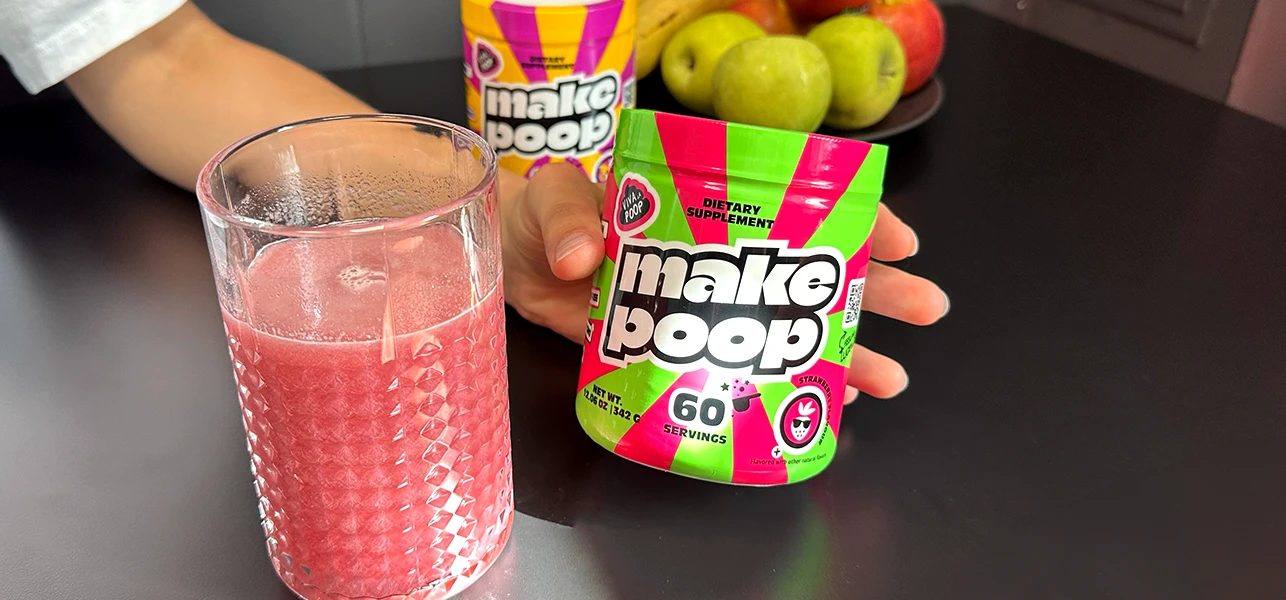
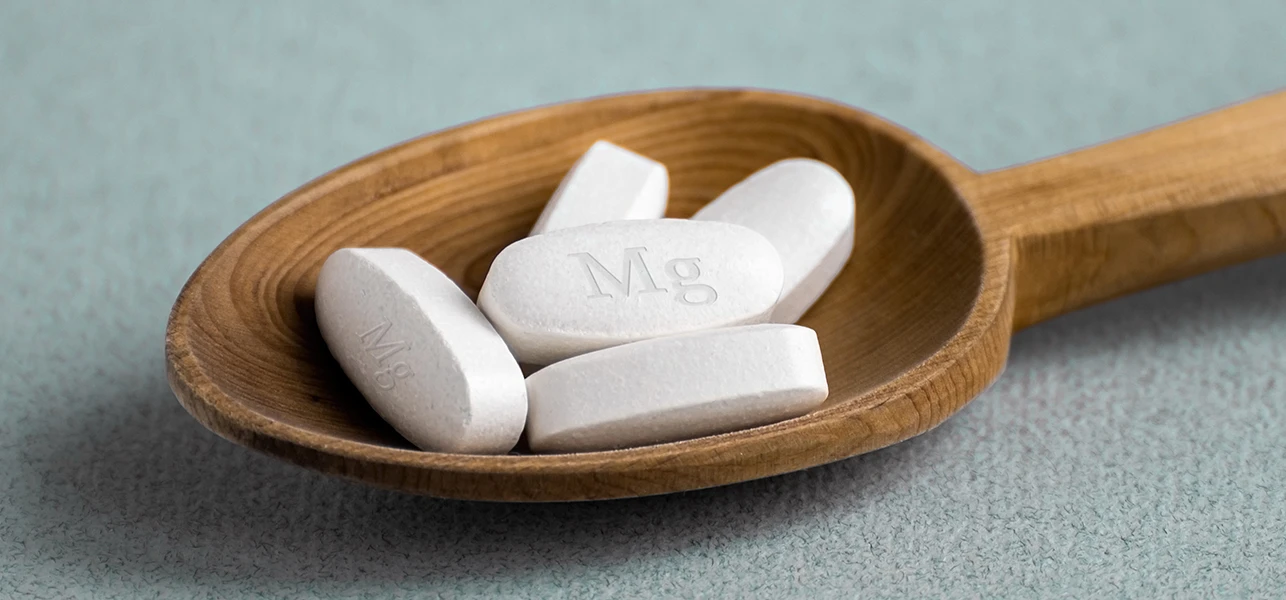

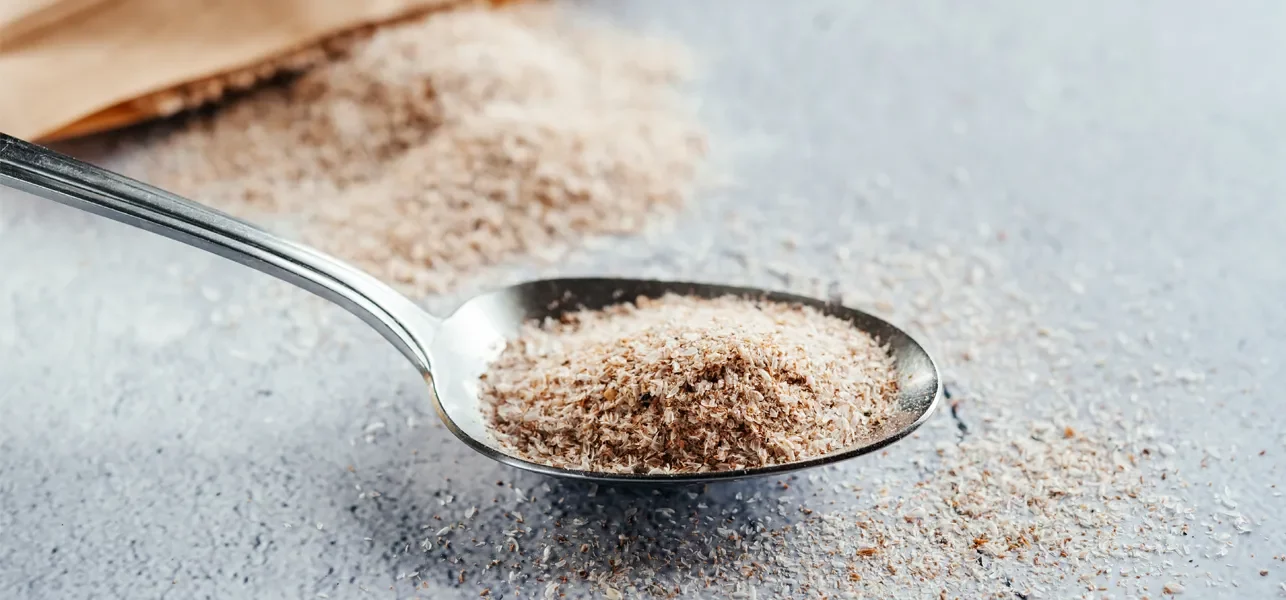


Comments (0)